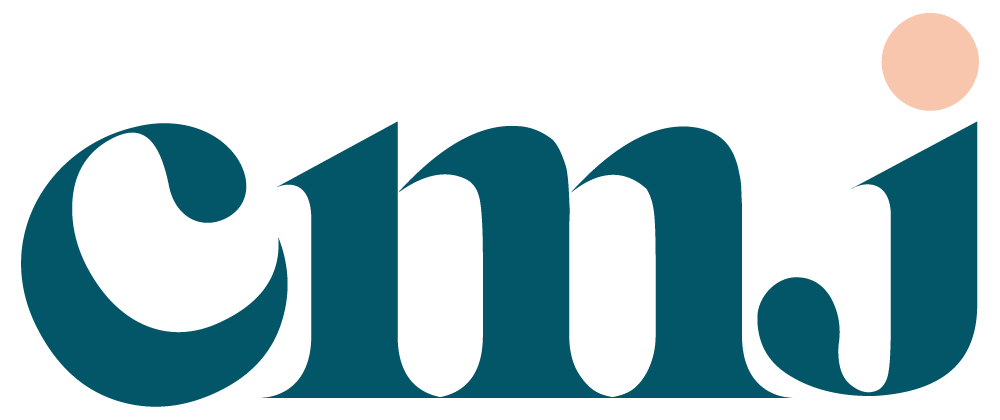The 80/20 Rule for Communities: In Practice
Note: This post originally appeared in the Gather Community Consulting Newsletter.
Hi Friend,
How are the first few weeks of 2020 treating you? (I spent my first Monday of 2020 severely dehydrated and unable to eat because I started on a new medication, but I recovered, so perhaps my 2020 will be about resilience...)
Last week, I organized a political phone bank: I invited friends over to make calls to Americans in Iowa to get out the vote in the upcoming caucus on Feb. 3. Iowa is a critical state in US presidential elections (you can read more about that via HowStuffWorks), so these phone banks dedicated are crucial.
Once my friends arrived at my home, we ate dinner, and then went through a 10-minute training before making calls. Twenty years ago, this gathering would not have been possible. With the Internet, we can use our community skills to enact change from the comfort of our own homes.
Beyond being in awe of how technology collapses contexts, though, I was in awe of the community dynamics in my home that night.
With the Internet, we can use our community skills to enact change from our own homes.
Our small group was made up of community builders and communication PhD students, so I assumed we all would contribute to the phone bank's success equally. Even in a curated group, this was not the case. I was very, very wrong.
You see, there is an economic principle called the 80/20 rule. The principle states that, in almost any area, 20% of your inputs will yield 80% of your results. This is also true in communities: 20% of your members, roughly speaking, are likely to contribute 80% of the results. But the rule of thumb extends beyond economics. It works in communities too.
This principle operates when communities contain millions of members, thousands of members, and even in small "founding member" groups.
Last week, I saw the 80/20 principle operate on the smallest of scales: just five people. Just one out of five of us (and it was very much not me) contributed 80% of the results.
In almost any area, 20% of your inputs will yield 80% of your results.
That person was my partner Dom. While the rest of us struggled as people yelled at us or hung up on us, Dom relished the opportunity to talk politics with absolute strangers.
I almost had a panic attack after the third person hung up on me and another screamed at my friend Dan. Dan, having made 20 calls, threw in his proverbial towel.
But Dom kept going. First, 20. Then 40. Then 80 calls.
After we wrapped up the phone calls, we toasted to our efforts, and Dan joked that Dom did all the work. If you look only at results, this is true. Dom completed the most calls.
Yet Dom (and he agrees with me on this) never would have made those calls had we not created the space, brought snacks, encouraged him with smiles and words, and high fives. And I would never have created space for this if it were not for my friends' excitement.
I want to offer this story as a clear analogy for your work: even if a handful of people do "the work" in your community, it is impossible to create meaningful outcomes without the entire group.
Yes, a tiny portion of your community will contribute an outsized share of work. That doesn't mean that others' contributions are not meaningful - even if that contribution is their presence alone. Those quiet - even silent - voices matter. They're not lurkers; they're not learners. I hesitate to categorize them at all, even though every invulnerable part of me wants to so you have some neat and simplistic way to systematize your work.
There are no parts to separate, no way to predict exactly who will contribute most and how to ensure they do. The whole 100% is what matters — not the 20% versus the other 80.
Create the space for contribution, encouragement, snack-sharing (even if metaphorically), and inside jokes. Don't fret over only investing in the "top tier." That is counterproductive.
After all, the only way to get 20% to contribute is to invest in all 100.
Your friendly neighborhood community builder ⭐
Carrie Melissa Jones
Founder, Gather Community Consulting
In Other News...
In need of inspiration? 5 Community Book Recommendations for 2020
Community Manager Advancement Day (CMAD) is next Monday, January 27. There's a great write-up on the history of CMAD via Australian Community Managers. I still miss the days of 24-hour CMAD global hangouts, where I met that silly partner of mine, Dom, whom I dedicate this week's newsletter to. 🤓



